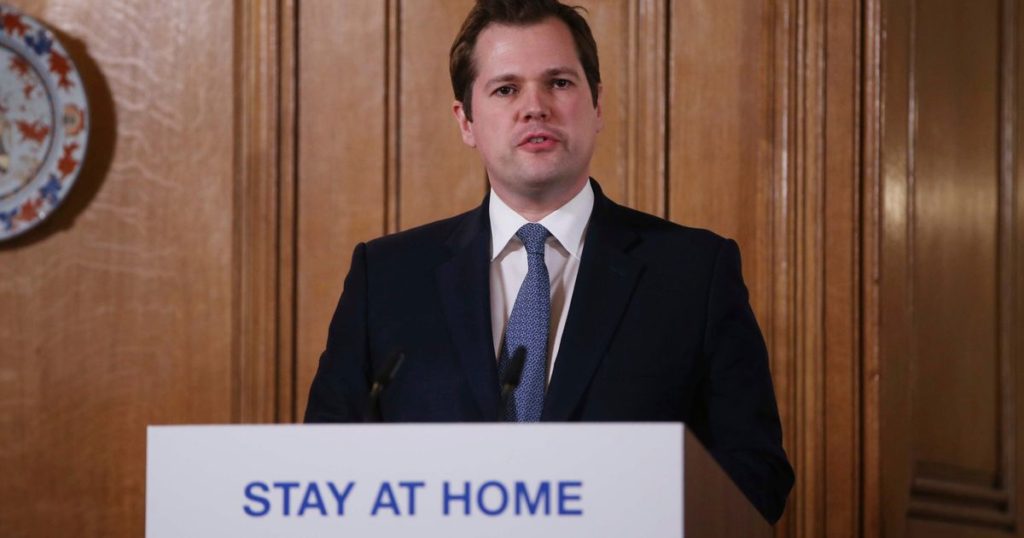It has been a year since the government published its consultation white paper: planning for the future. One wonders what has happened to it. Has it disappeared down the bureaucratic black hole of government dead projects? Or will it miraculously resurface as the Phoenix rising from the ashes to sparkle and dazzle us with its wisdom?
Will it deliver on its promises to shake the planning system to its foundations, as it promised it would do, or will it be a watered-down version that barely changes the status quo?
Look, here are the stark numbers. At present we are building 240,000 housing units a year. The governments declared intention is to build 300,000 units or more a year. That means the government wants an extra 60,000 units which is 25% more than our current delivery rate.
So you have to ask the question, why does the government feel it needs a revolution in planning law if it would be relatively happy with a mere 25% increase in housing output? That is the question, as Shakespeare would say. To build or not to build.
So the government could relatively easily increase the housing numbers by 25% by relaxing the rules here and there, and increasing housing targets. On the face of it, it does not have to go in for the revolution it was proposing in the White Paper to achieve its objectives.
But 300,000 houses is a minimum, target, not a maximum. Wouldn’t it be nice to build half a million houses a year for 10 years? That actually might have an impact on house prices. Let’s remember high house prices are a double-edged political sword for the Conservatives, as many younger people are disenfranchised by high house prices, and renters have a strong correlation with voting for more left-wing parties, than homeowners do

However, digging deeper, if you read the White Paper, the government is also anxious to simplify the system and make it easier for smaller developers, like us, to put in applications with a greater degree of certainty. It also wants the process to be less expensive. It also wants to stop local authorities acting like the worst NIMBYs you’ve ever seen, and doing what they love to do, which is the gold plating of any rule or regulation that lands on their desks.
You see, the Italians wouldn’t do it this way! They would simply pass the new law and then it will be watered-down in its implementation and you’d be back to normal status quo. However, us Brits are not like that and if you give a bureaucrat a rule in this country, they will immediately begin to build a fortress around it.
So, I suspect that the reason the response to the consultation has not been published yet, is because the government is having a major rethink on how to do things. Maybe the government will water-down proposals in the White Paper, and rollback in particular on its growth, protect, and renewal area proposal, which is at the heart of the White Paper.
I suspect the government is realising it doesn’t need to be quite so radical to achieve its target. However, they would still have to deal with the issue of making it simpler and cheaper to apply for planning so it is not clear how they will do that unless they go for a zoning system with what is in effect a hybrid planning application which will be a cross between a normal planning application and permitted development rights.
My guess is that this is what will happen. It will be a typical English compromise, which at the end of the day is perhaps no bad thing. But a niggling thought occurs to me, and that is that Boris Johnson has his reputation to uphold as a radical reformer, and if he rows back on this proposal and waters it down, what else would he rollback on?
Let’s not forget all the massive vested interests that are in place in the industry to keep things just as they are. The major house builders would love the system to continue as it is. The planning barristers and town planners also would love things to stay the same, because they are making a lot of money from it.
So if the government really does want to be truly radical, it needs to have a bit more of the Thatcherite nerve about it, and not worry so much about opposition from vested interests.
But the delay is unnerving, and I do expect we will see some watering down of the proposals unfortunately. Watch this space. Remember Parliament is in recess so you won’t hear anything till September now.